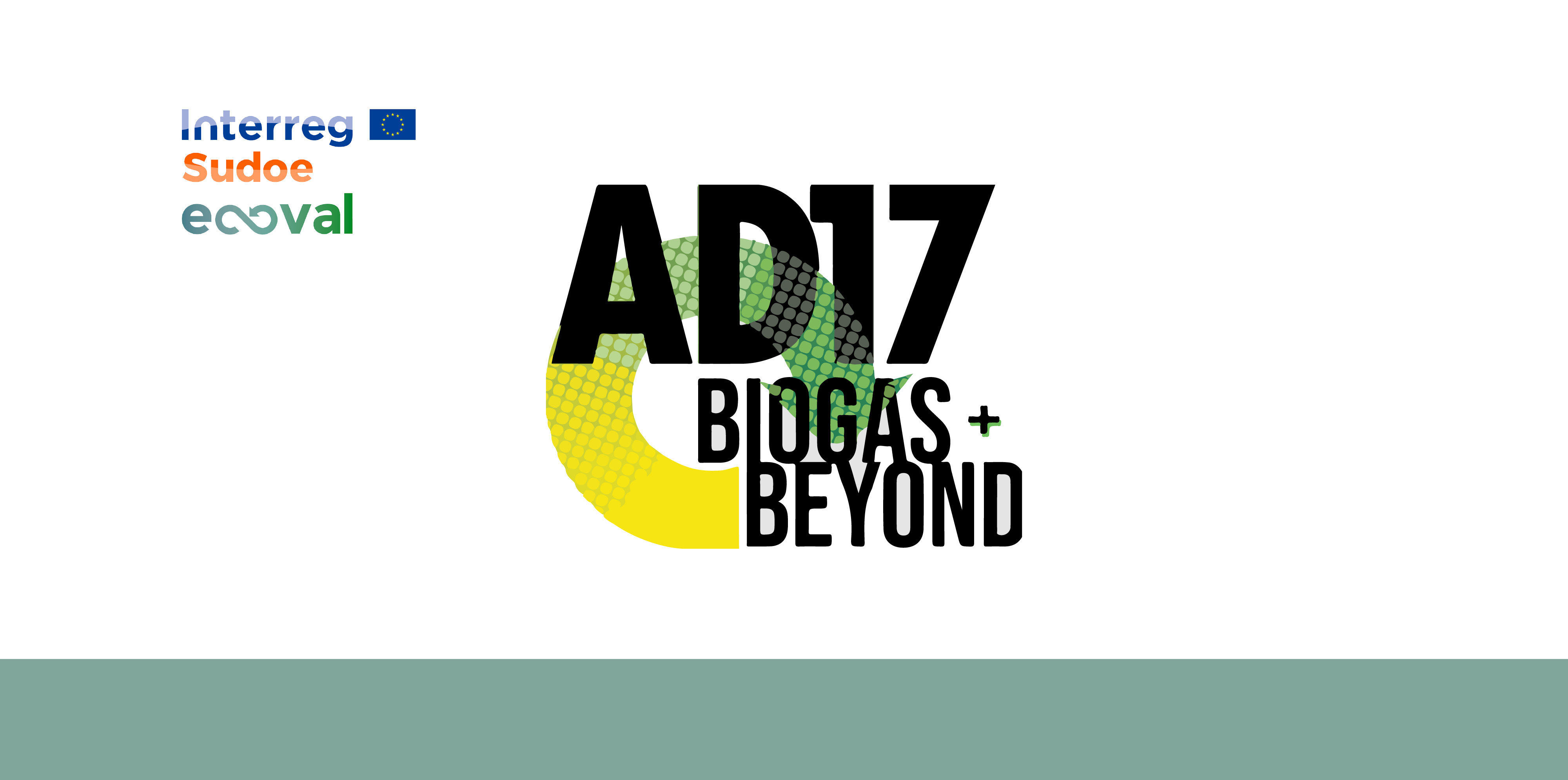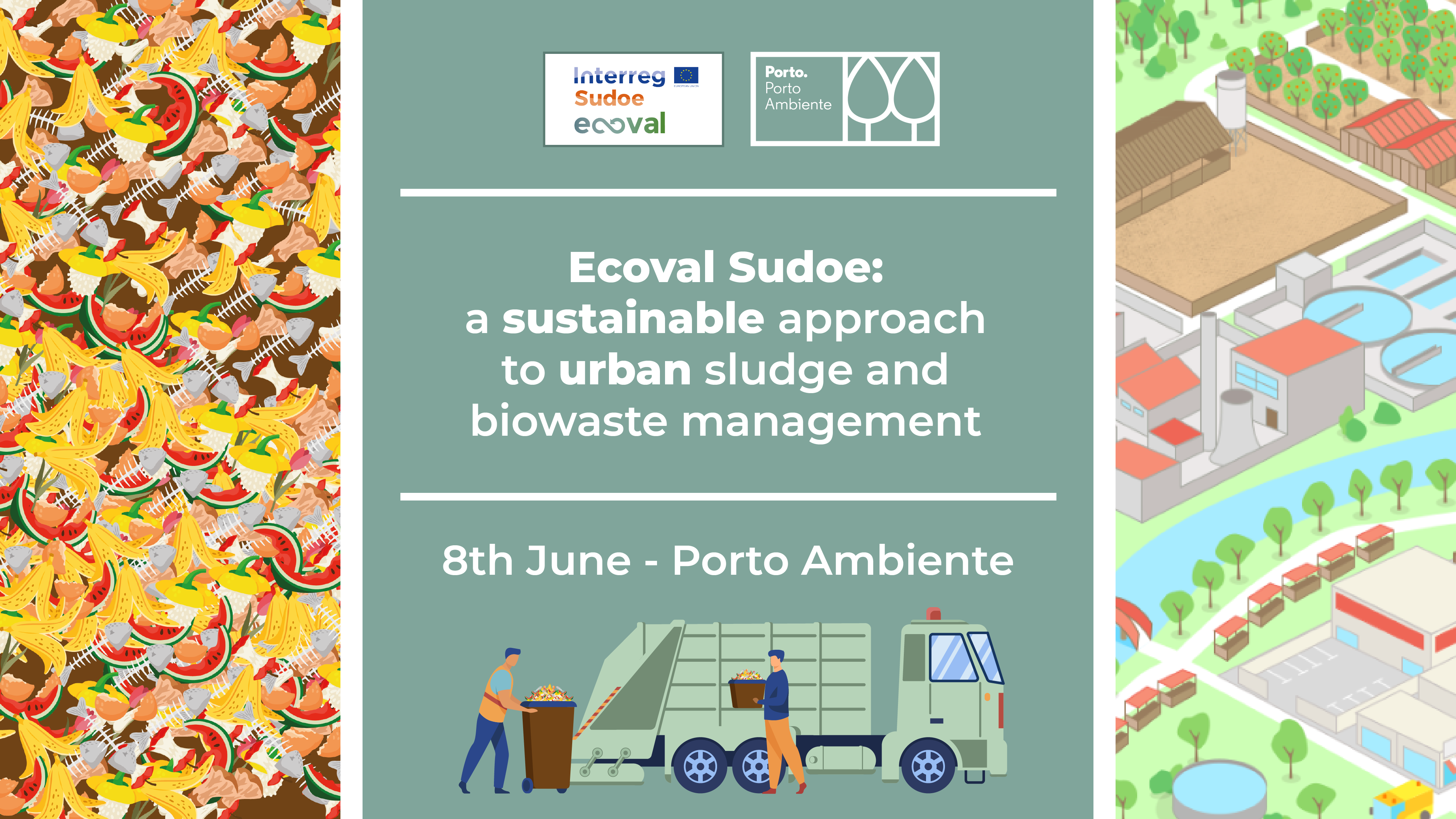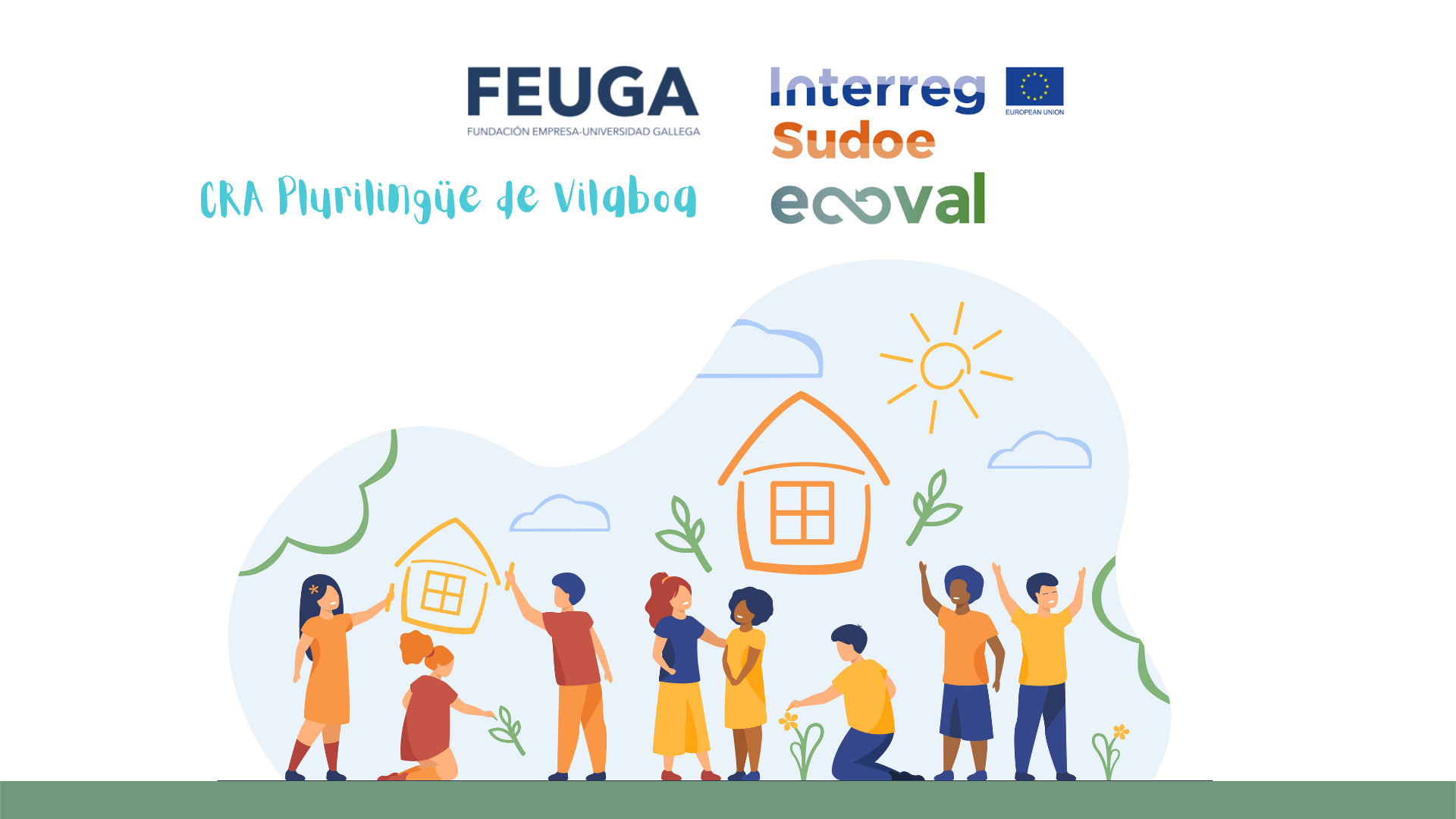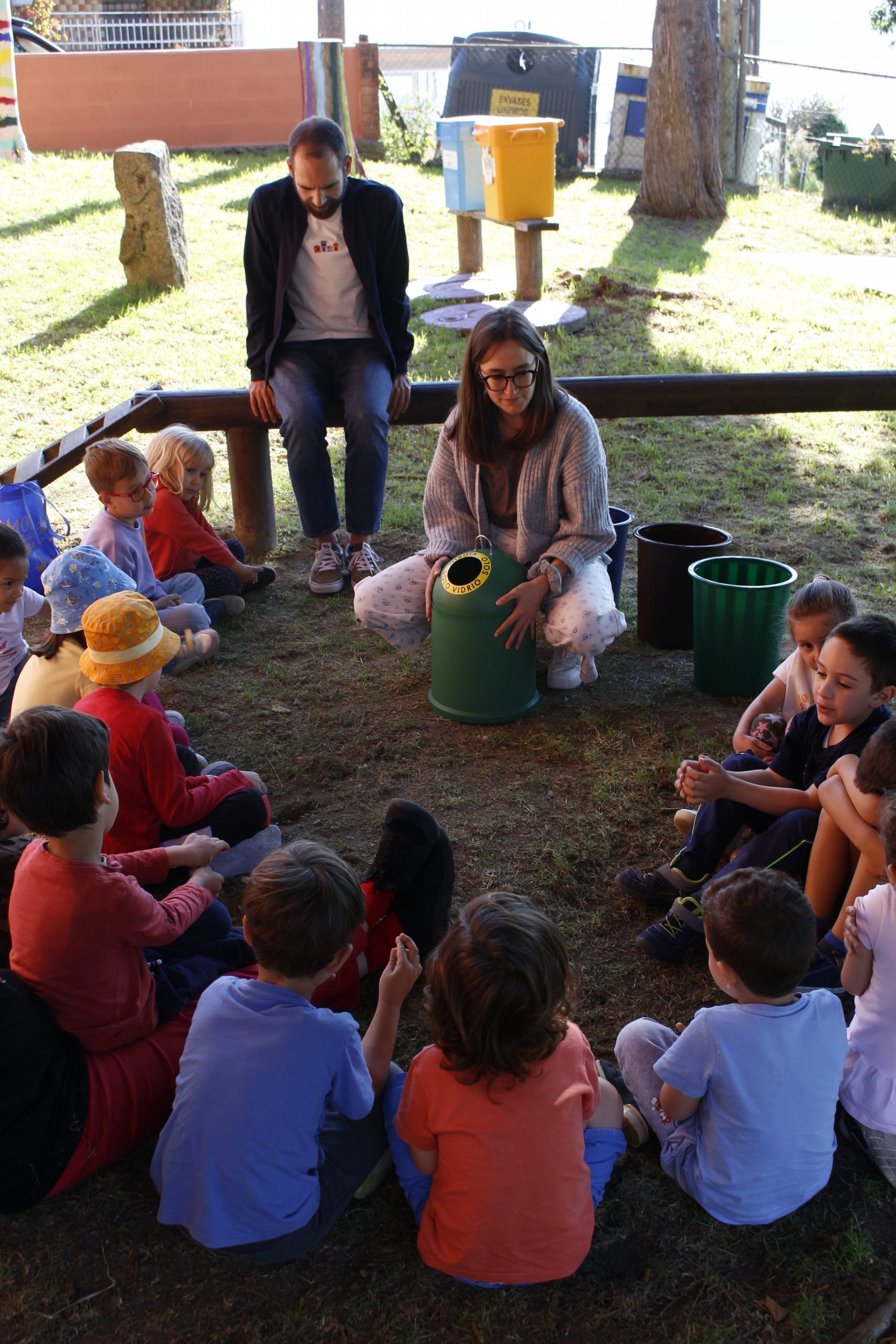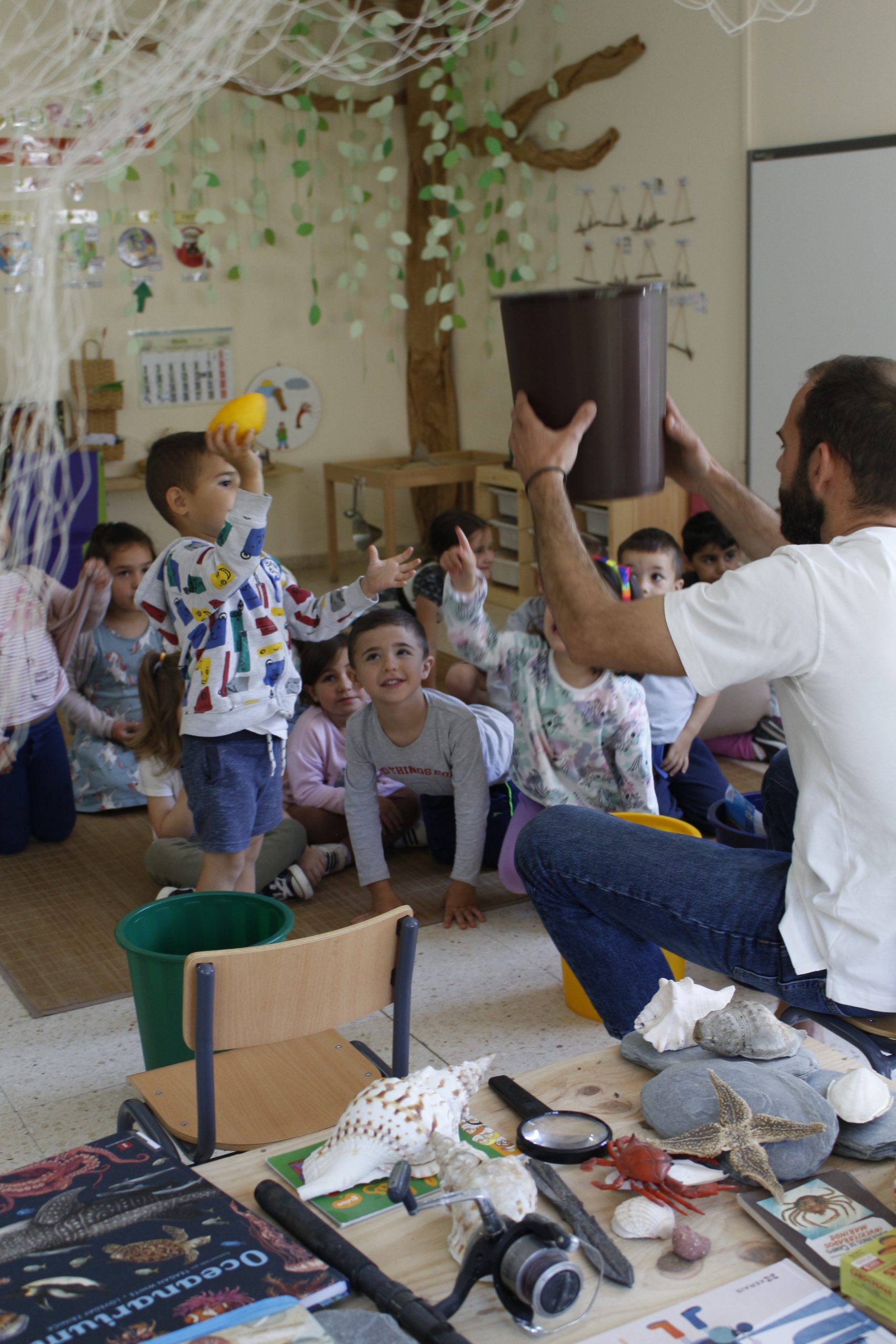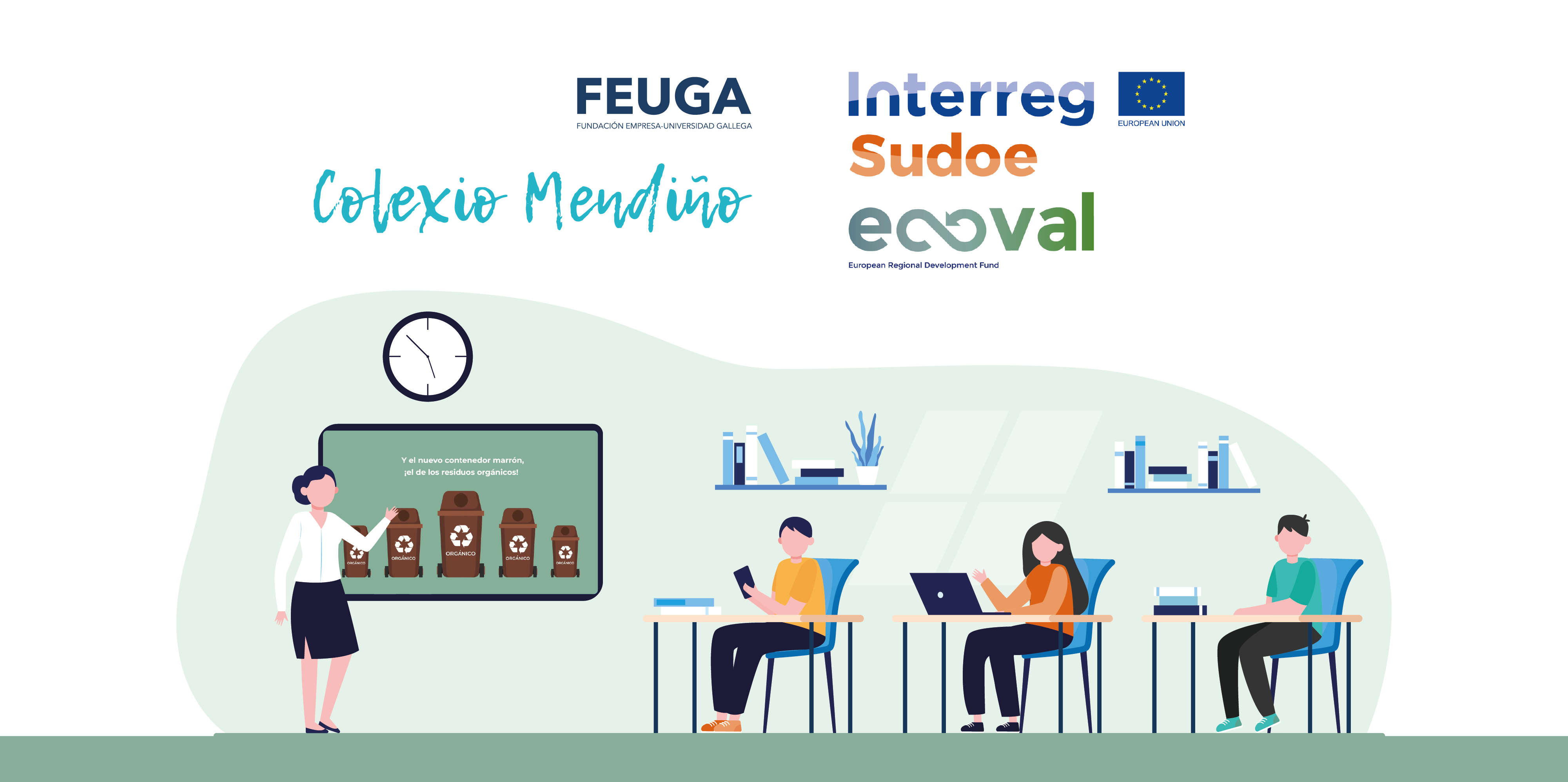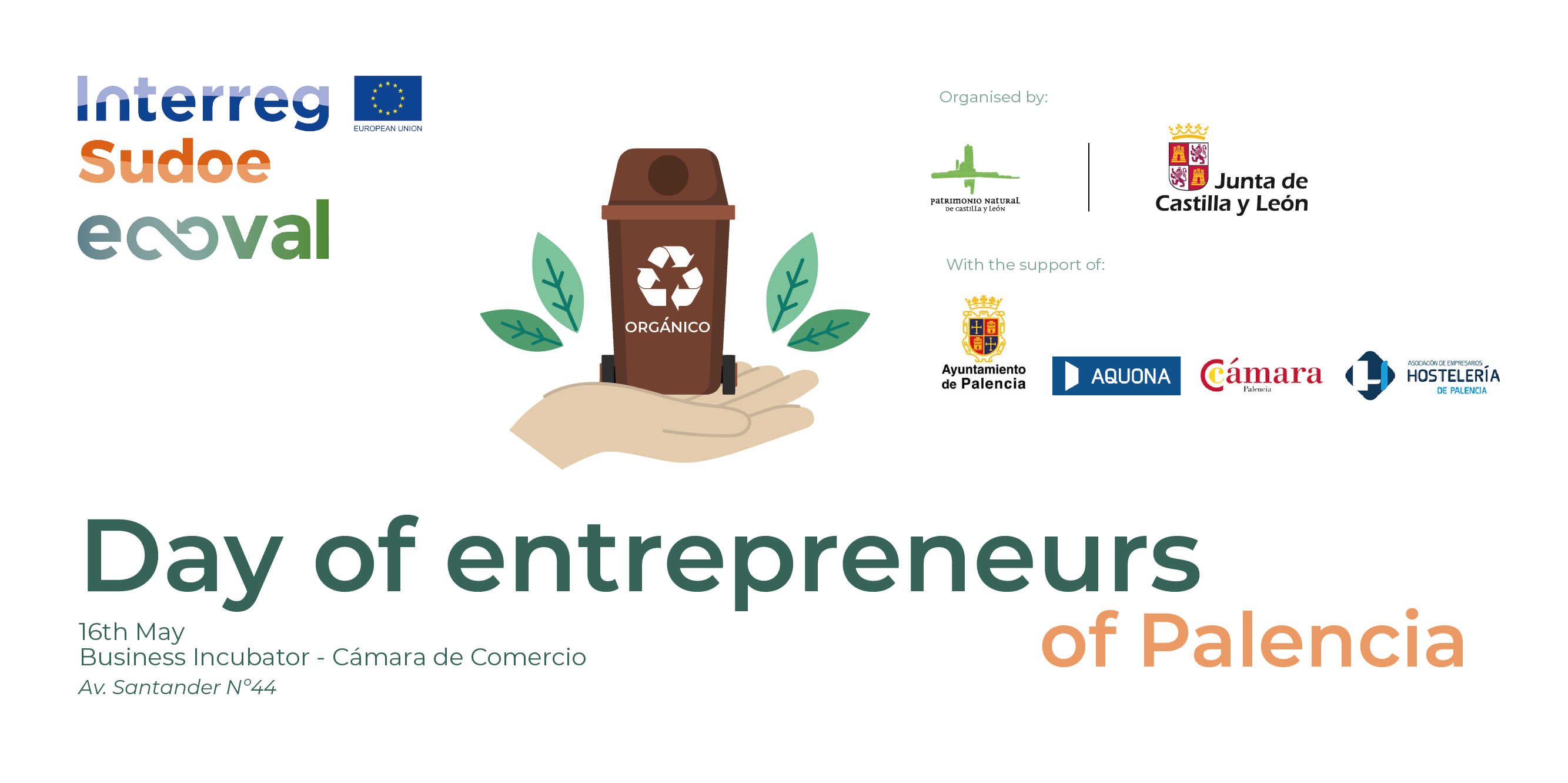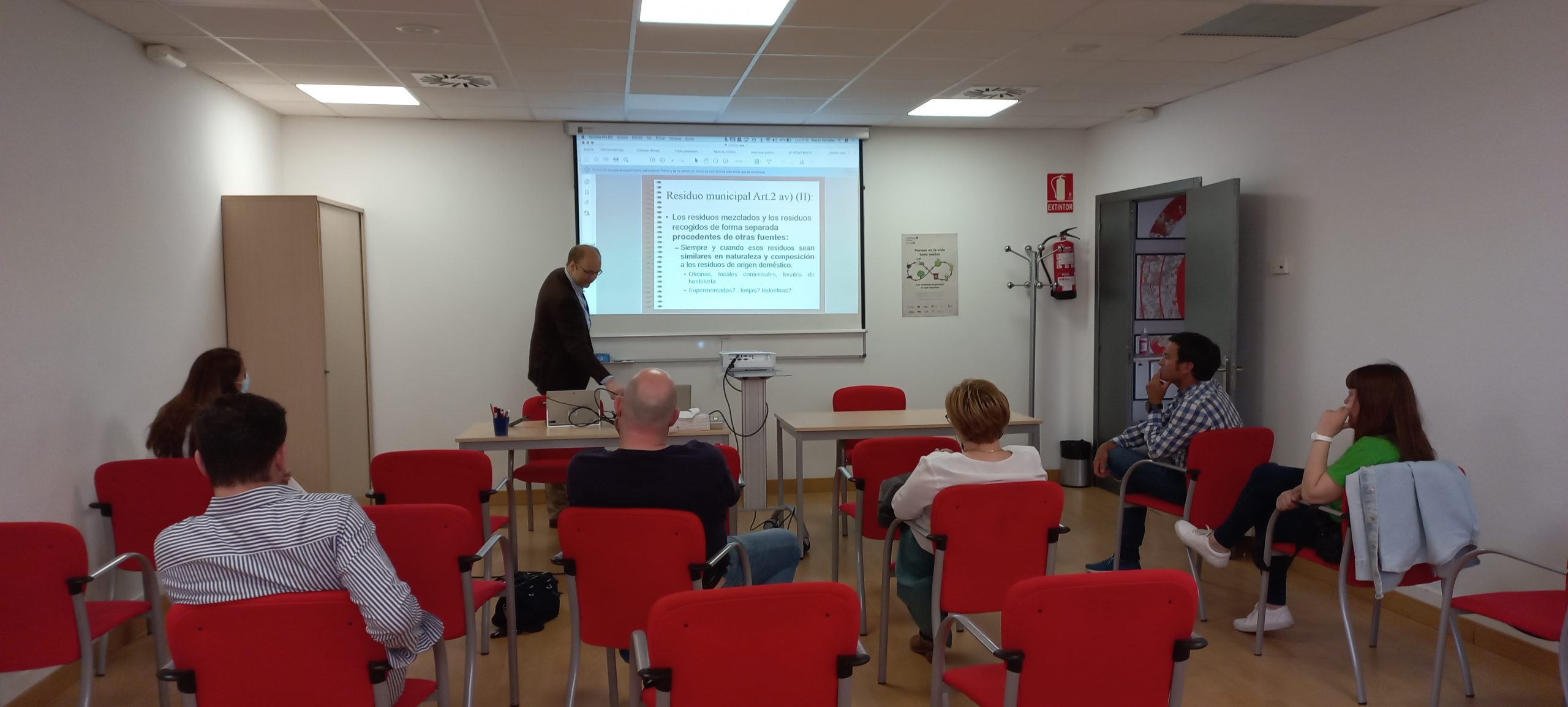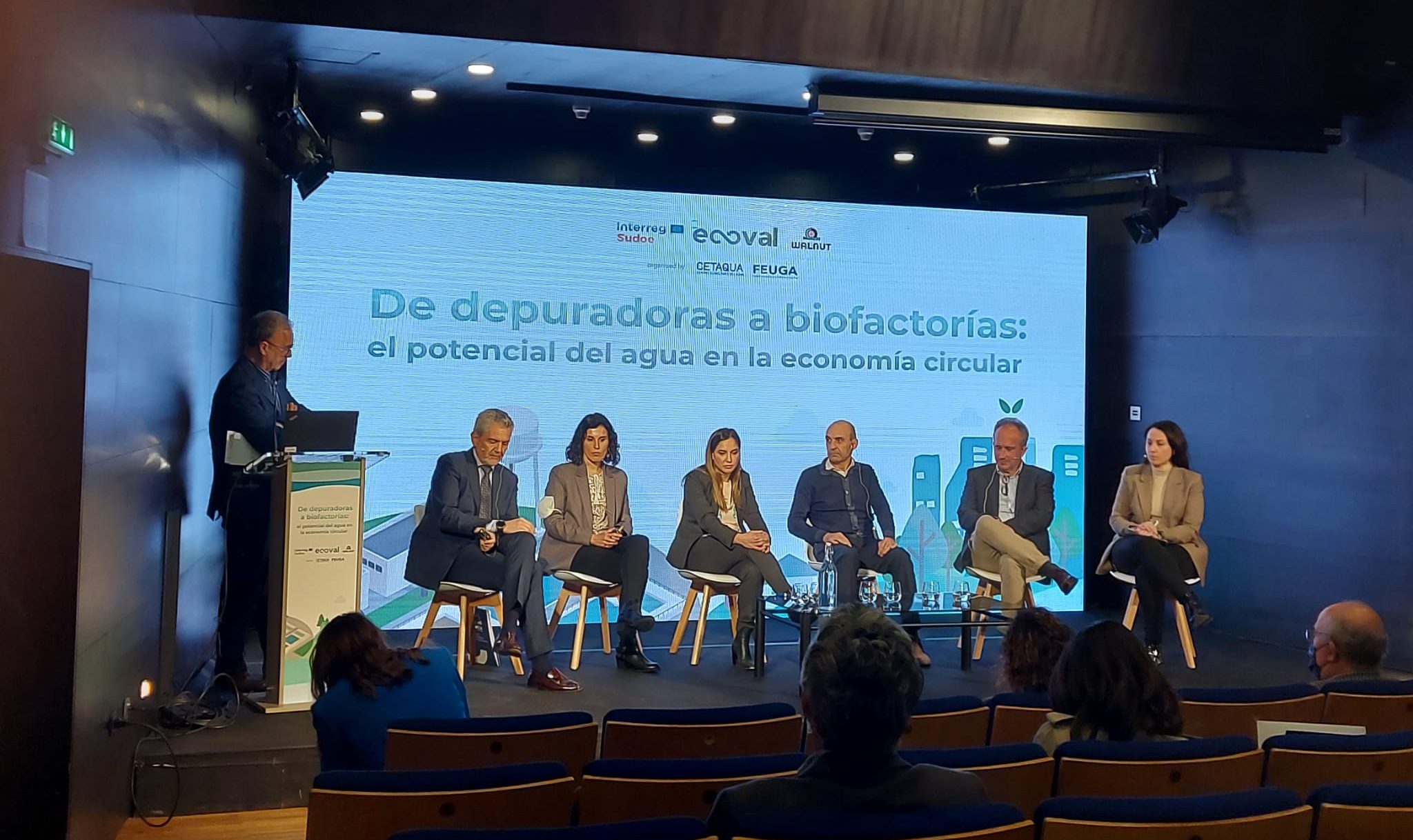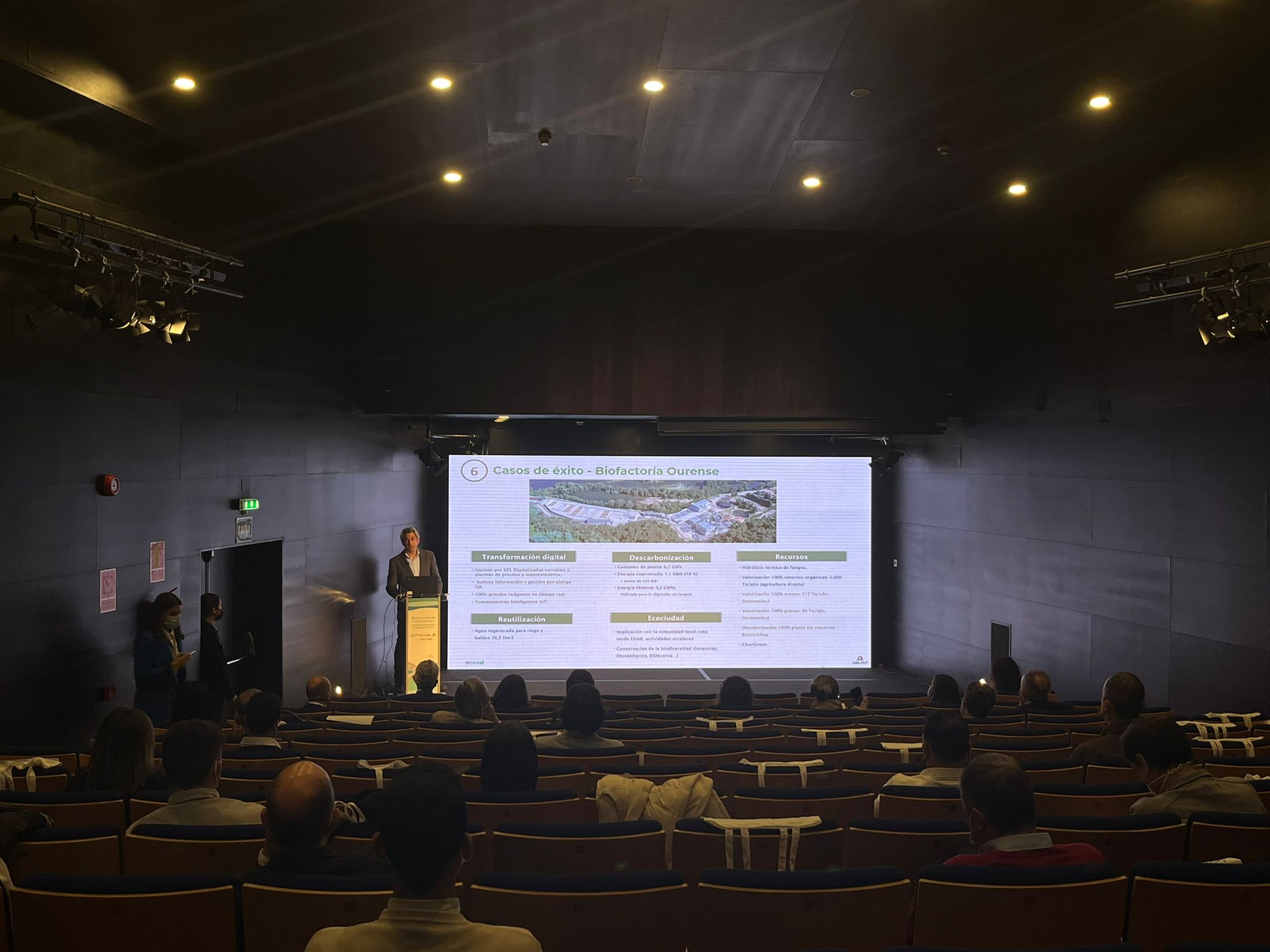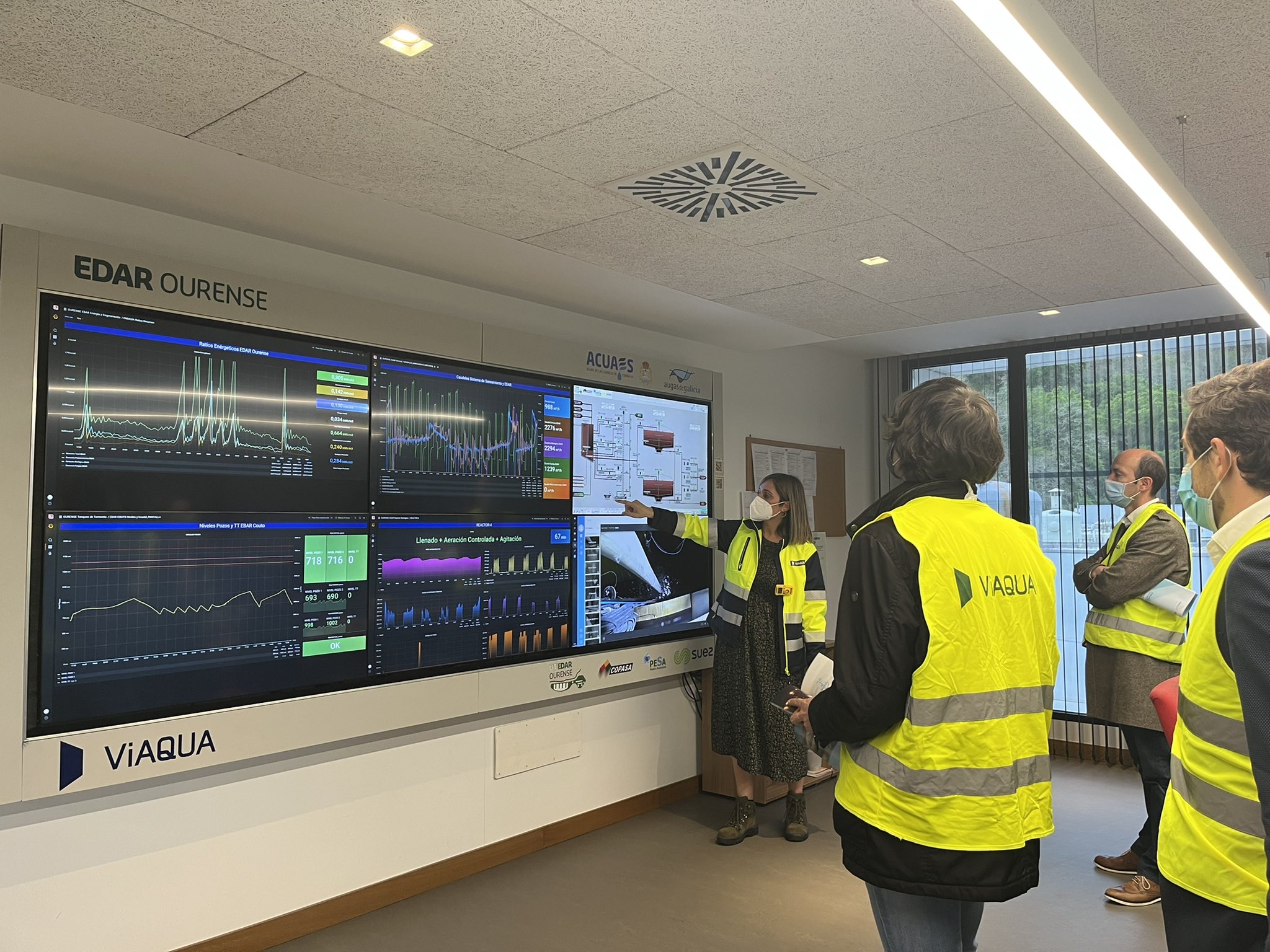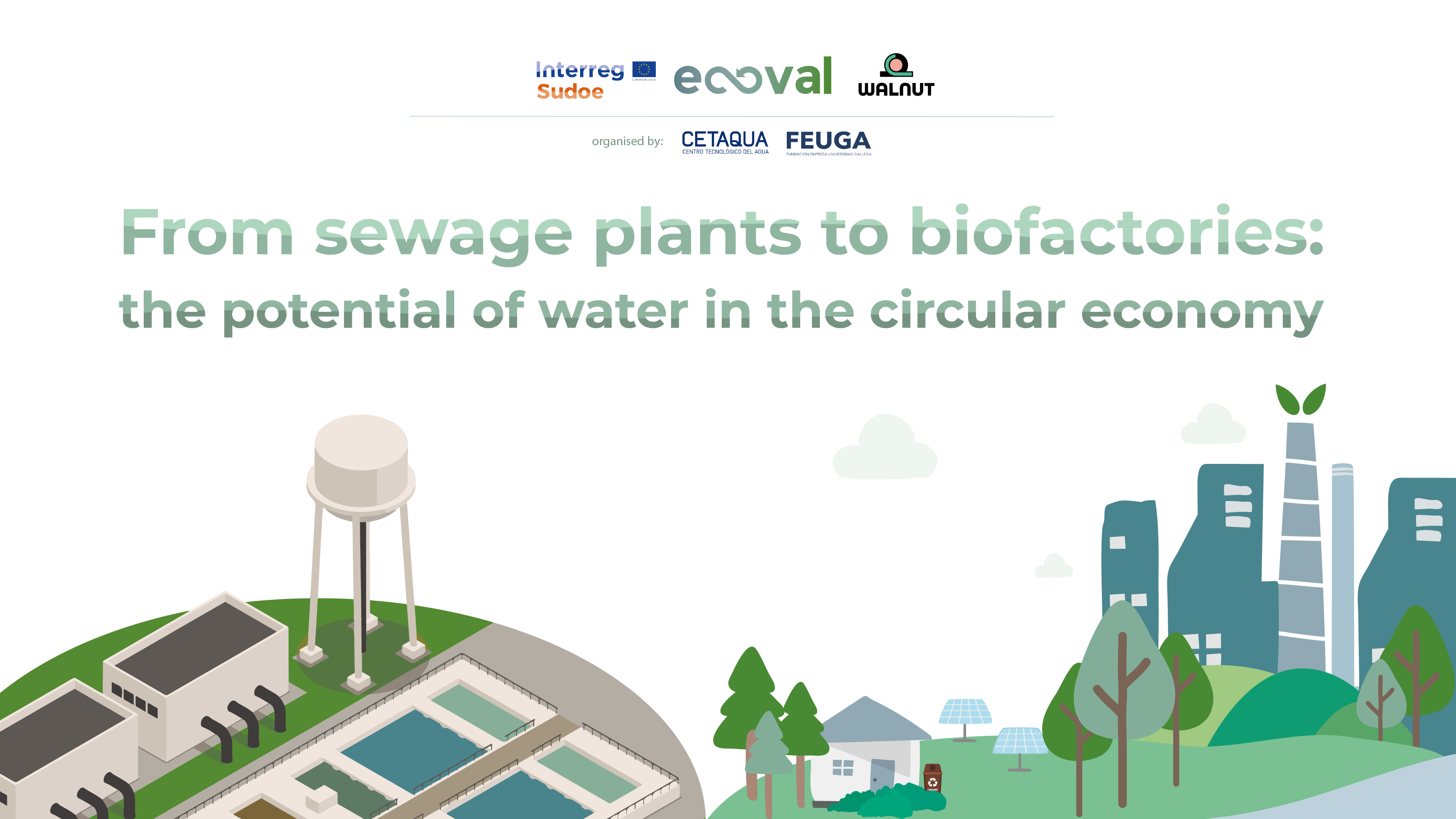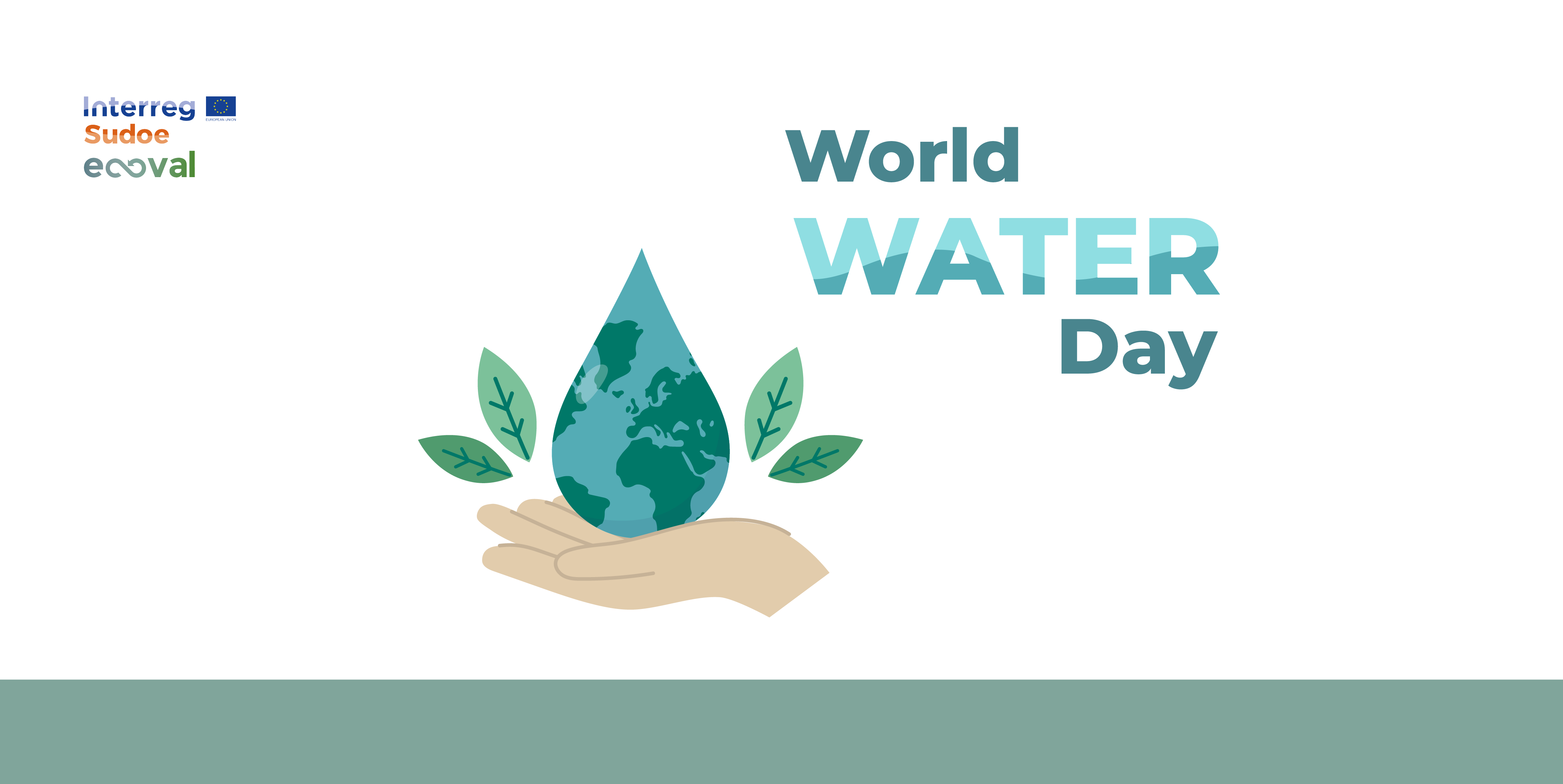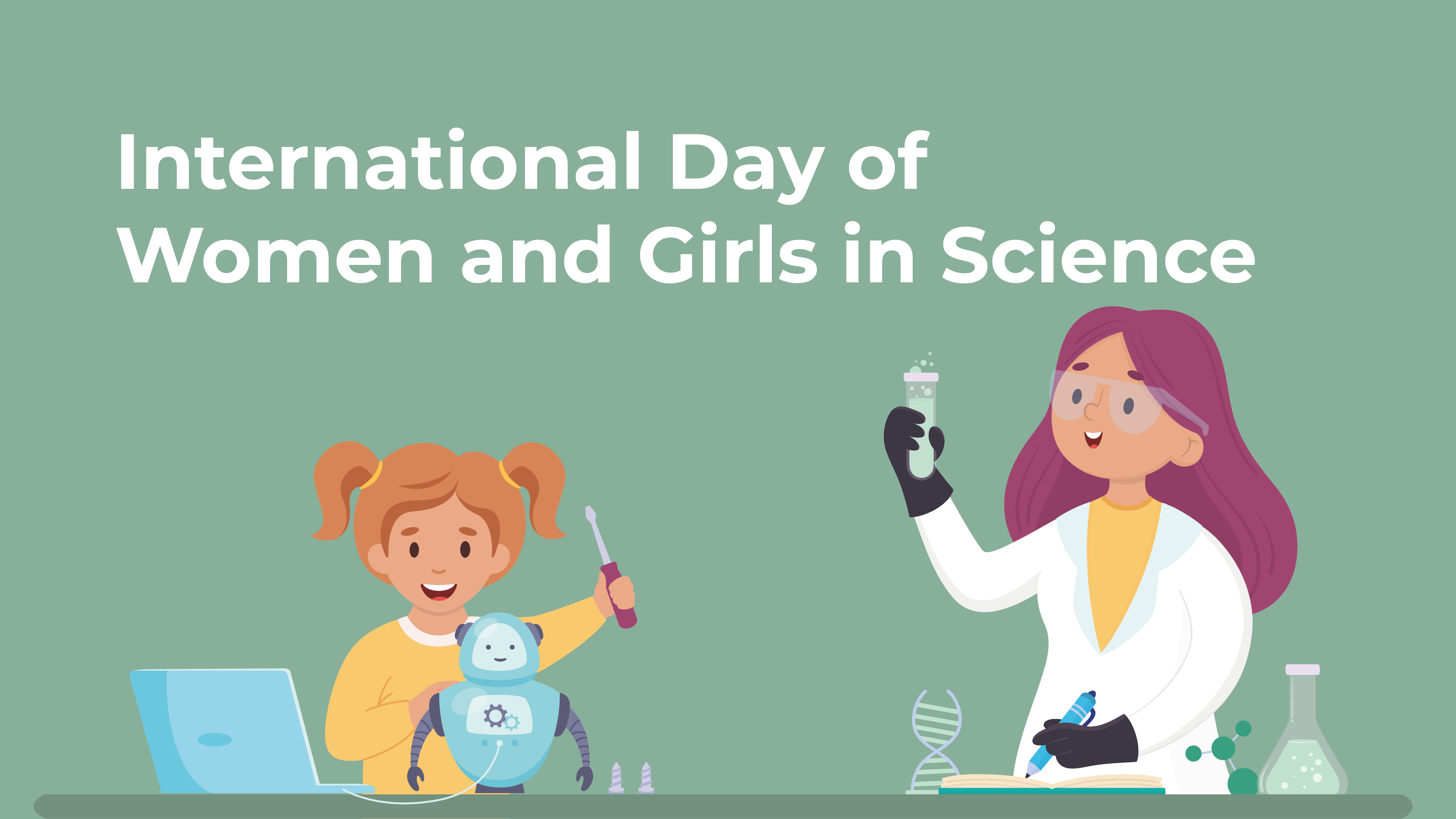ECOMONDO is a platform that aims to bring together all sectors of the circular economy to foster synergies and collaborations, from materials and energy recovery to sustainable development. The ECOMONDO exhibition is the European benchmark event for technological and industrial innovation in the Mediterranean basin, organised by the Italian Exhibition Group (IEG), and will be attended by ECOVAL.
It will take place at the expo centre in Rimini, between 8 and 11 November. ECOVAL will participate in it with the presentation of a poster, which summarizes the activity of the project focusing on the innovative technologies it provides for the recycling and recovery of waste. It also provides information on the initial problems and how the project works, who the partners are and what role they play in the development of the project, the funding available and the expected results.
The exhibition groups its themes into four main blocks: waste and resources, water, circular bioeconomy and recovery of contaminated sites and hydrogeological risk. ECOVAL’s poster is part of the first of these, which focuses on integrated waste management, processing technology, waste transport and machinery. Its session is entitled “Waste as Resources: Innovative technologies for recycling and recovery” and will take place on Tuesday 8 November between 09:30 and 17:30hrs. ECOVAL’s contribution will coexist with other talks and posters from other related European projects such as BIOBESTicide, Circular Biocarbon, MED4WASTE or CISUFLO.
Leading the ecological transition.
ECOMONDO offers an extensive programme of conferences, workshops and seminars to present national and international success stories and trends in the circular economy, including, in addition to the fields mentioned above, the construction, packaging, electronics and automotive industries. Supporting the development of sustainable businesses, fostering networking in an innovative and circular ecosystem and providing tools and information on research and development regulations for existing companies are its central objectives.
In the last edition, the ECOMONDO exhibition accumulated almost 70,000 attendees from multiple countries and brought together 1,116 diverse companies in its 500 total hours of events, with great repercussion in the media and social networks. This year’s edition dedicates special spaces to innovation start-ups, food waste, the textile industry and environmental protection.
The presence of the European Commission through various related bodies is noticeable, with a dedicated exhibition stand and participation in various CINEA, EISMEA and REA activities. Thus, participants will be given the possibility to catch up with the latest European funding opportunities for the circular economy.


